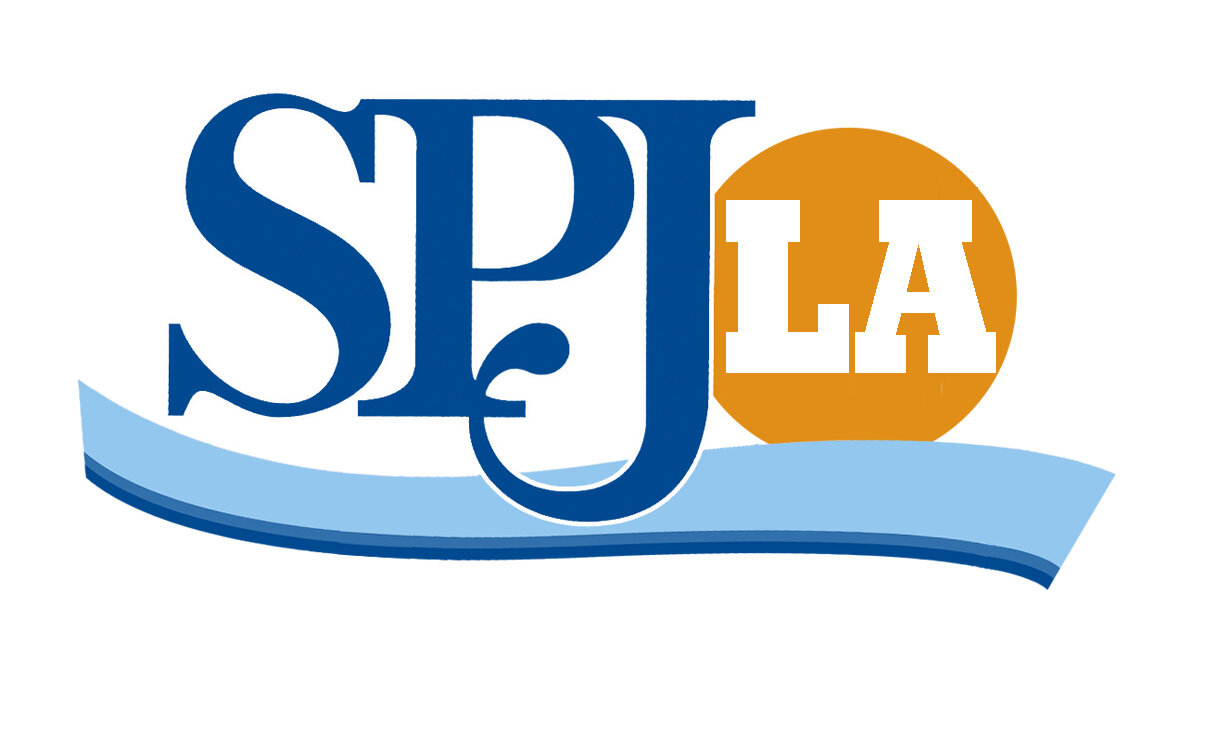Coalition Calls on California Officials to Respect First Amendment Rights and Ensure Transparency at Homeless Encampment Sweeps
The First Amendment Coalition, Los Angeles Press Club, and National Press Photographers Association, joined by a coalition of 20 press rights and civil liberties organizations, today call on California officials to operate with maximum transparency and respect the role of the press in observing and documenting sweeps of homeless encampments.
We have serious concerns about the recent law enforcement treatment of journalists in Sacramento and Los Angeles. In at least four documented instances in recent days, journalists faced the threat of arrest for covering homeless encampment sweeps from public sidewalks and streets, even though the journalists did not obstruct law enforcement or interfere with activities. Journalists should be able to do their jobs while government workers do theirs.
The U.S. Court of Appeals for the Ninth Circuit, along with seven other federal Courts of Appeals, found a First Amendment right to record police performing their official duties in public, subject only to reasonable time, place and manner restrictions. And state law is clear that photographing law enforcement by itself is not a crime. Additionally, a federal court struck down a California city’s restrictions on press and public access to sweeps. We also note that the Legislature has passed additional laws to guarantee press access to various restricted areas, demonstrating the importance of press access to newsworthy events.
Beyond these legal protections, it is in the public’s interest for the press to be able to observe, document and disseminate information on activities as important as the sweeps of homeless encampments, an issue of compelling concern.
Homelessness is one of the biggest stories across the state. With recent legal and political developments triggering a new wave of sweeps, Californians are counting on journalists to cover the story. That’s why we urge cities, counties and state agencies to conduct these activities transparently, and ensure workers and officers in the field respect the First Amendment rights of the press to observe and document government actions in public. Specifically, we call on California officials to take the following measures:
● Limit physical restrictions to increase transparency: Officials must only use perimeter tape, or barricades, or otherwise block public and press access to sidewalks and other public areas when absolutely necessary and for only so long as to prevent injury from heavy equipment operations or the like. They must not pick arbitrary distances that prevent sight and sound access unaided by electronic or optical enhancement.
● In the event a dispersal order is given “at a demonstration, march, protest, or rally,” state law requires law enforcement to allow a “duly authorized representative of any news service, online news service, newspaper, or radio or television station or network” to remain in the closed area. Penal Code § 409.7(a)(1).
○ This is extremely relevant at sweeps of homeless encampments because protest activity sometimes occurs in response to such police activity.
○ Apart from state law, the First Amendment requires that any dispersal order given to the press must be “essential or narrowly tailored to serve the government's interests.” Index Newspapers LLC v. United States Marshals Serv., 977 F.3d 817, 832–33 (9th Cir. 2020).
● Do not arrest journalists for doing their jobs: We urge law enforcement to avoid arresting, threatening to arrest, or interfering with journalists who are observing and documenting activities without obstructing or impeding officers’ work. Often, when journalists are arrested while covering police activities in public, such as at protests, prosecutors decline to bring charges. And when charges are pursued, it often results in acquittal followed by costly civil rights lawsuits. Should police decide to take action against a journalist, officers should agree to cite on site rather than taking the journalist into custody, and if that is not possible, officers should agree to expedite the booking process so that a journalist is not in custodial detention for a charge that often is a infraction or misdemeanor with a monetary penalty.
To discuss these issues, please contact First Amendment Coalition Advocacy Director Ginny LaRoe (glaore@firstamendmentcoalition.org); Los Angeles Press Club Press Rights Chair Adam Rose (pressrights@lapressclub.org); or National Press Photographers Association General Counsel Mickey Osterreicher (lawyer@nppa.org).
FIRST AMENDMENT COALITION
LOS ANGELES PRESS CLUB
NATIONAL PRESS PHOTOGRAPHERS ASSOCIATION
Joined by:
American Civil Liberties Union of Northern California
American Civil Liberties Union of San Diego & Imperial Counties
American Civil Liberties Union of Southern California
Asian American Journalists Association, Los Angeles Chapter
Asian American Journalists Association, Sacramento Chapter
California News Publishers Association
CCNMA: Latino Journalists of California
Freedom of the Press Foundation
Media Alliance
Media Guild of the West, The NewsGuild-CWA Local 39213
National Association of Hispanic Journalists
National Writers Union
Orange County Press Club
Radio Television Digital News Association
Sacramento Press Club
Society of Professional Journalists
Society of Professional Journalists, Los Angeles Chapter
Society of Professional Journalists, Northern California Chapter
Society of Professional Journalists, San Diego Chapter
Southern California Chapter, National Writers Union NWU
